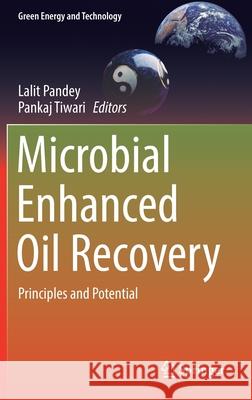Microbial Enhanced Oil Recovery: Principles and Potential » książka
topmenu
Microbial Enhanced Oil Recovery: Principles and Potential
ISBN-13: 9789811654640 / Angielski / Twarda / 2021 / 380 str.
Microbial Enhanced Oil Recovery: Principles and Potential
ISBN-13: 9789811654640 / Angielski / Twarda / 2021 / 380 str.
cena 685,93
(netto: 653,27 VAT: 5%)
Najniższa cena z 30 dni: 616,85
(netto: 653,27 VAT: 5%)
Najniższa cena z 30 dni: 616,85
Termin realizacji zamówienia:
ok. 16-18 dni roboczych.
ok. 16-18 dni roboczych.
Darmowa dostawa!
Kategorie:
Kategorie BISAC:
Wydawca:
Springer
Seria wydawnicza:
Język:
Angielski
ISBN-13:
9789811654640
Rok wydania:
2021
Wydanie:
2022
Numer serii:
000355820
Ilość stron:
380
Waga:
0.57 kg
Wymiary:
23.39 x 15.6 x 1.75
Oprawa:
Twarda
Wolumenów:
01
Dodatkowe informacje:
Wydanie ilustrowane











